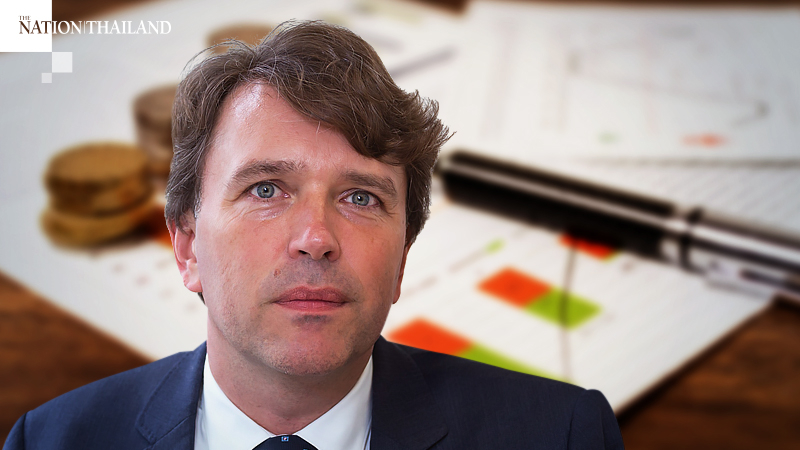Hedge fund in Sweden trounces return target with rare AI model

A Swedish hedge fund called Volt Capital Management has run circles around its own return target by relying on a form of artificial intelligence it says is unique.
Volt Diversified Alpha Program was created in early 2017 by Jukka Harju, the former head of research at Lynx Asset Management. It has about $30 million under management, and this year it's delivered more than double the 10% return target it promised investors. They've received 24%. In March, when Covid-19 triggered a global selloff across markets, Volt had a positive return of 12%.
Patrik Safvenblad, the fund's chief investment office, says his models, once plugged into Volt's AI program, helped him position for the slump in oil markets, and for gains in bonds and the dollar.
Volt is doing "something that is unique within machine learning," Safvenblad said in an interview. "We take the power of fundamental models - we believe in fundamentals, fundamentals matter - we combine that power with machine learning."
He says the model addresses two problems. "If you trade based on fundamentals, you have a problem to choose from your models. If you do machine learning based on technical signals, you risk ending up with so-called false positives."
Instead, Volt has chosen 200 models it thinks will make money. But, "we don't know exactly when, or how to weight them," Safvenblad said. "We use machine learning to handle the daily weighting problem."
Volt's investment horizon is relatively short, averaging about 12 trading days. The fund holds roughly 70 positions at any given time. Its analysis shows that the economy will stay weak.
"Basically the systems are positioned for continued economic weakness, with focus on commodities, equity markets still appear too volatile for significant positions," Safvenblad said. He's short soft commodities and "a bit short equities." Long bets include gold, platinum, fixed income in Europe and the U.S., as well as the Greenback against the Australian and New Zealand dollars.
"The market is always right," Safvenblad said. "We don't think we know better than the market. So when something goes against us, we decrease exposure to those positions, models and sectors. We simply close positions that don't work. This way we can increase to positions that do work."





